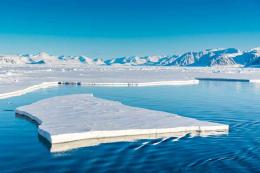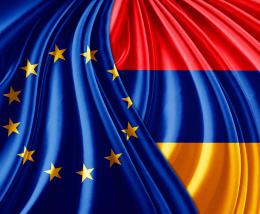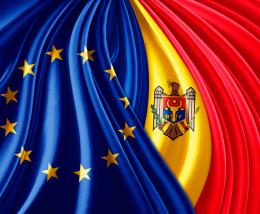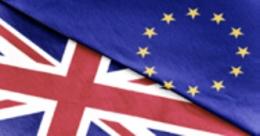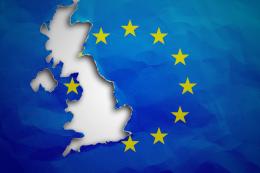European Economic
and Social Committee
Europa
In Europa, il CESE intrattiene relazioni con le parti sociali e le organizzazioni della società civile dei Balcani occidentali, del vicinato orientale, degli Stati EFTA-SEE (Islanda, Liechtenstein e Norvegia) e del Regno Unito.
Il comitato di monitoraggio Balcani occidentali, organismo interno permanente del CESE, rappresenta lo strumento principale per il coordinamento delle attività del Comitato nella regione. Tra le attività del comitato di monitoraggio rientra il forum della società civile dei Balcani occidentali, che si svolge ogni due anni.
Il CESE collabora inoltre bilateralmente con i paesi dei Balcani occidentali che hanno avviato i negoziati di adesione e con la Turchia, attraverso organismi specializzati creati sulla base di accordi di associazione tra questi paesi e l'UE: l'obiettivo di questi comitati consultivi misti è quello di coinvolgere le parti sociali e le organizzazioni della società civile nel monitoraggio dei processi di preadesione e di riforma in vista di una possibile adesione all'UE. Ciascun organismo è formato da un numero uguale di membri del CESE e del paese partner e si riunisce generalmente una o due volte l'anno.
Il CESE ha inoltre istituito un comitato di monitoraggio Vicini dell'Est europeo, un organismo interno incaricato di rafforzare le relazioni con la società civile dei paesi della regione (Armenia, Azerbaigian, Bielorussia, Georgia, Moldova e Ucraina).
I principali meccanismi di cooperazione con l'Armenia, la Georgia, la Moldova e l'Ucraina sono costituiti dalle piattaforme della società civile, che consentono alle organizzazioni della società civile dell'UE e del paese partner di monitorare l'attuazione degli accordi dell'UE con tali paesi e di elaborare raccomandazioni destinate alle autorità competenti. Inoltre, nel 2022 l'Ucraina e la Moldova sono diventate paesi candidati.
Per quanto riguarda la Bielorussia e la Russia, si stanno sviluppando relazioni con quelle organizzazioni della società civile che sono ancora libere di operare, la maggior parte delle quali sono stabilite sul territorio dell'UE. Il CESE ritiene importante mantenere vivo il dialogo, nell'attesa che le condizioni migliorino in futuro.
Lo Spazio economico europeo (SEE) riunisce gli Stati membri dell'UE e i tre Stati EFTA-SEE (Islanda, Liechtenstein e Norvegia) in un mercato interno in cui beni, servizi, capitali e persone possono circolare liberamente. Il CESE fa parte del comitato consultivo SEE, nel cui quadro le questioni di interesse comune sono discusse con i rappresentanti delle parti sociali degli Stati EFTA-SEE.
Infine, il CESE dispone di un comitato di monitoraggio UE-Regno Unito che ha il compito di monitorare le relazioni tra l'UE e il Regno Unito di Gran Bretagna e Irlanda del Nord dal punto di vista della società civile. I suoi lavori sono concentrati in particolare sull'attuazione dell'accordo sul recesso del Regno Unito dall'UE e del protocollo su Irlanda/Irlanda del Nord, in merito al quale intrattiene il dialogo con le organizzazioni della società civile del Regno Unito, nonché sull'attuazione dell'accordo sugli scambi commerciali e la cooperazione tra l'UE e il Regno Unito, al cui riguardo il comitato di monitoraggio UE-Regno Unito coopera con il gruppo consultivo interno dell'UE nell'ambito dell'accordo sugli scambi e la cooperazione UE-Regno Unito.
